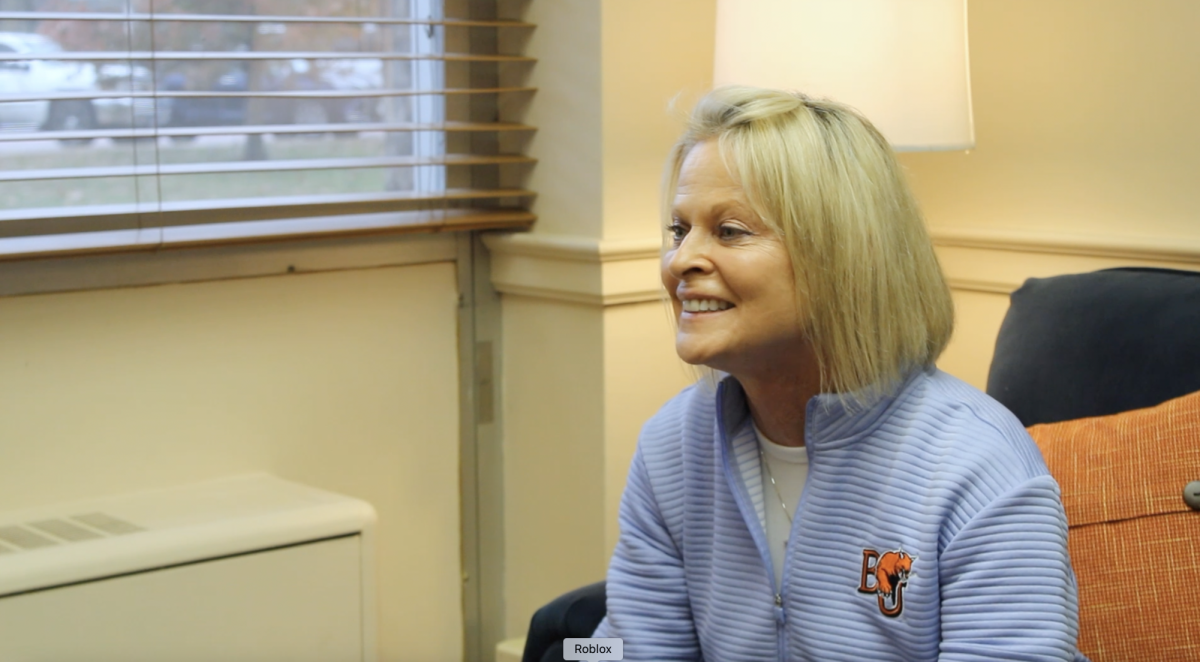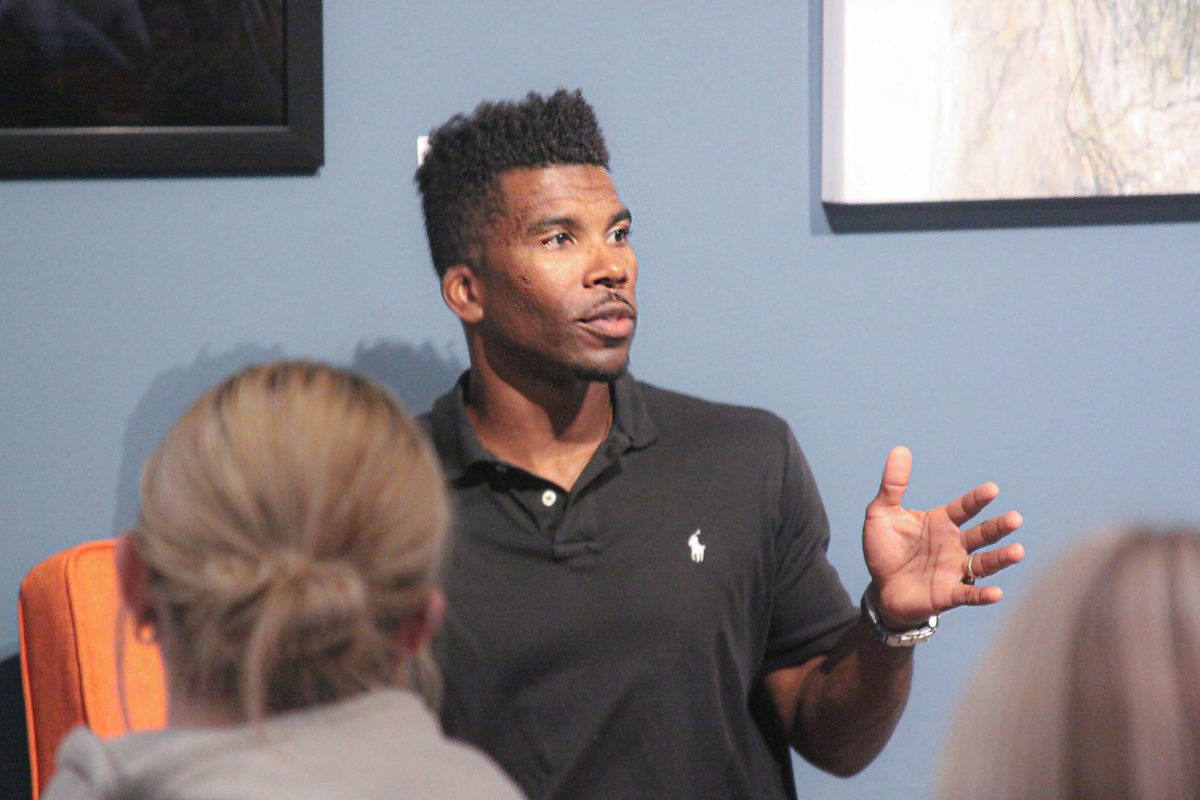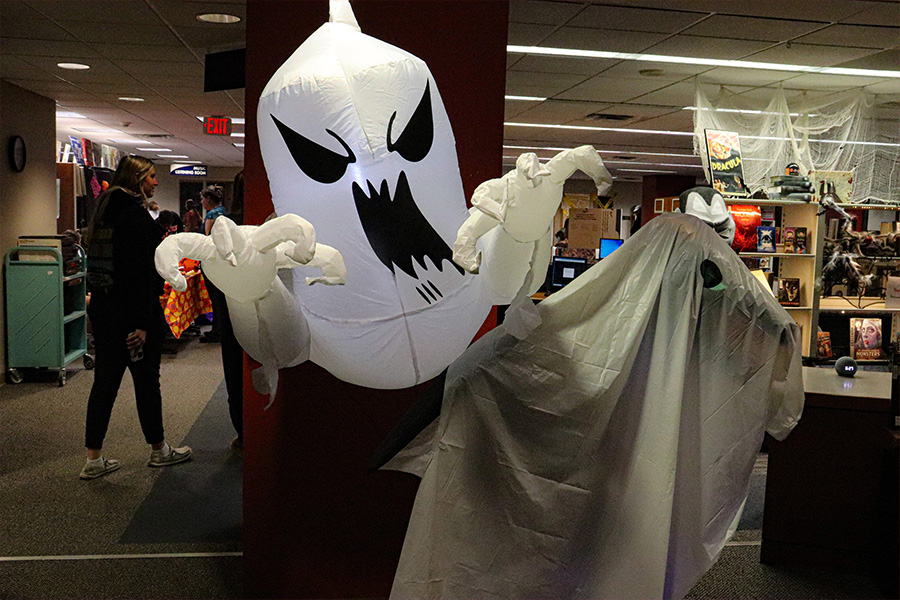Baker University student senate is considering changes to the constitution concerning voting rights.
The way the senate is currently set up, student representatives from a student organization can attend the meetings and have the same voting rights as elected officials.
“The primary issue that we needed to address is that as it is now, the number of senators we can have is indefinite,” sophomore Brandon Haefke said. “We can have the people who were actually elected, and then it comes to student organizations and etcetera. And then literally anyone who shows up gets voting rights and gets a say in what happens.”
Because of this, the number of recognized student organizations that may not send representatives to attend on a consistent basis can outnumber the 20 elected senators when it comes to a vote.
“The goal is not necessarily punishing them by taking their voting rights away,” Owen Lewis, student senate vice president, said. “We’re trying to make sure people are more responsible in attending, they’re taking interest in what they’re voting for, they’re really truly there for the betterment of the student body and their organization.”
A problem arises when student organization representatives do not show up to each meeting.
“Our elected senators are there and then we just kind of get a random amount of student organizations are there,” Lewis said. “So all the elected officials are there, but not a lot of student organizations. The next meeting we go to vote and all of a sudden these student organization reps are there and they’re asking questions, they don’t know what’s going on, they don’t know how to vote, and they kind of stall us in a sense to where we have to go back and explain all this.”
A committee of “about seven” people was formed and came up with some ideas on how to approach this change.
Changes include reducing the senate to the 20 current seats, five for each class, as well as 10 additional seats. Six of the additional seats include Interfraternity Council Chair, Pannhellenic Chair, Mungano Chair, Student Activities Council Chair, and Residence Life Chair and Athletics Chair.
“These are the departments that are actually sponsored by the university and are given money by the university and they’re ones that we assume are going to be continually impactful,” Haefke said.
The other four seats are representative positions that an organization can apply and run for.
Therefore, the 20 senators and the 10 representatives would be the only people with voting rights. All other students or organizations are allowed to attend meetings, ask questions and participate in discussion, but they would not have voting rights.
Although there was concern expressed about representation of smaller organizations at the student senate meeting Tuesday, history club member Caleb Klugh doesn’t believe it’ll be a problem, as long as student organizations as a whole are represented.
“I don’t really like that history club won’t (get to vote), but at the same time, if student organizations get the right to vote, I think it’ll be okay. As long as student organizations are represented, I think it’ll work out,” Klugh said. “It’s more just the principle of coming and making sure that what we have to say gets heard.”
If the issue of voting rights is changed, other aspects of student senate would have to change as well, including attendance policies and organization funding.
The discussion was tabled for the next student senate meeting, and it was moved to write up a constitutional draft for the senate to look at again at a later meeting.







